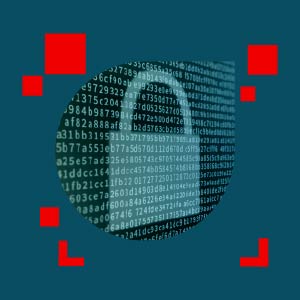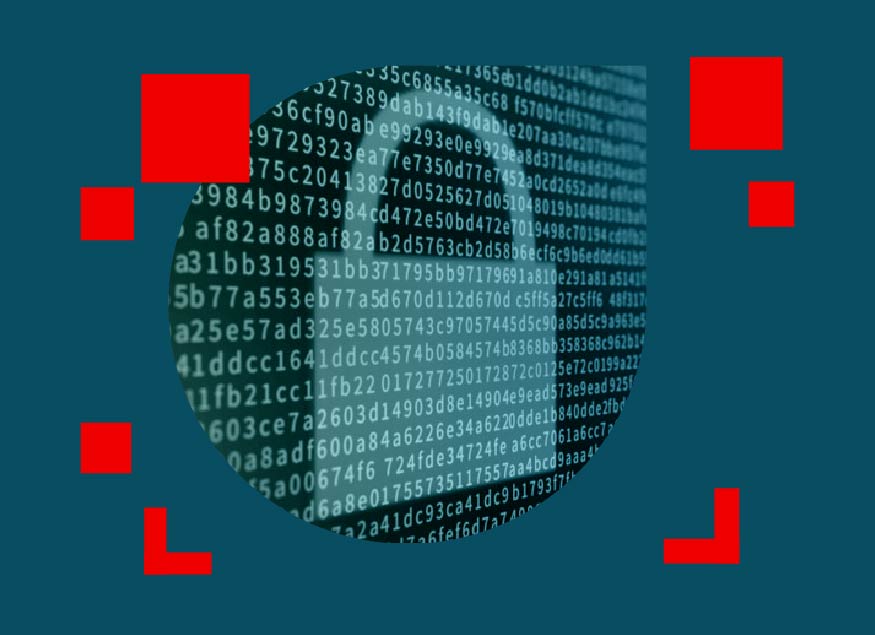Across the nation, healthcare services are indispensable in protecting people. As expectations grow and evolve, the healthcare industry must be ready to innovate to provide the best experience for patients and providers alike. Digital wallets with identity verification are a helpful tool which can establish trust, store data and enable patients to take control of their healthcare.
The Solution to a Divided System
Healthcare providers are spread across multiple companies, cities and states. The lack of a centralized database results in a fractured state of medical records. Patients often lose track of their medical history, and transferring data can be difficult in scenarios that happen across state lines—for example, if a patient needs emergency treatment in a state they do not reside in. Recent standards, such as the Trusted Exchange Framework Common Agreement (TEFCO), a legal consensus that enables network-to-network data sharing, promotes the idea of transferring data regardless of location. Digital wallets allow for a national, unified experience to review and obtain medical records, empowering patients and providers alike.

Benefits of a Digital Wallet
Digital wallets with verifiable credentials embolden users with a quick, accessible way to deliver their framework across the healthcare sector.
There are numerous benefits to having a digital wallet. They provide:
- Interoperability: Digital wallets are designed to work well with other systems, promoting a cohesive experience across different providers and geographical distances.
- Enhanced Security: Patients can take control of their data and decide when it is shared.
- Improved User Experience: By providing swift user verification without redundancy, users can enjoy a smooth and frictionless experience.
- Unified Standards: The community driven nature ensures a consistent experience across all use cases.
Equipped with a digital identity, healthcare systems are enabled to provide and receive swift, efficient care.
Building A Unified Experience
The rise of verifiable digital credentials, such as multi-factor authentication (MFA), phishing resistant authenticators and strong identifiers like pass keys, enables end users to reliably tie themselves to a digital identity while protecting against fraud, waste and abuse. It is important to balance strong, accurate authenticators with an accessible end user experience. Patients value simplicity and accessibility, so structures that require numerous logins can be viewed as cumbersome.
Before deploying features of the digital wallet, all participants should agree on the framework for identity verification. Referring to the standards of the World Wide Web Consortium (W3C), TEFCO and 21st Century Cures Act can help involved parties agree on a method of identity verification and credentials that satisfy safety, accessibility and interoperability all at once.
Functionally, digital wallets independently verify each user. First, the patient submits a digital representation of their identity, whether a passport, license or other form of identification. Next, a data broker verifies the information submitted for validation. This validation is secured and verified with cryptographic keys. Passkeys protect the digital wallet while simultaneously verifying that the party accessing it is correct.
With trust established, users can manage and own their healthcare data.
To learn more about integrating interoperability, security and a unified customer friendly experience through digital wallets, watch 1Kosmos’s webinar “Bridging Healthcare Sectors with Digital Wallets.”







